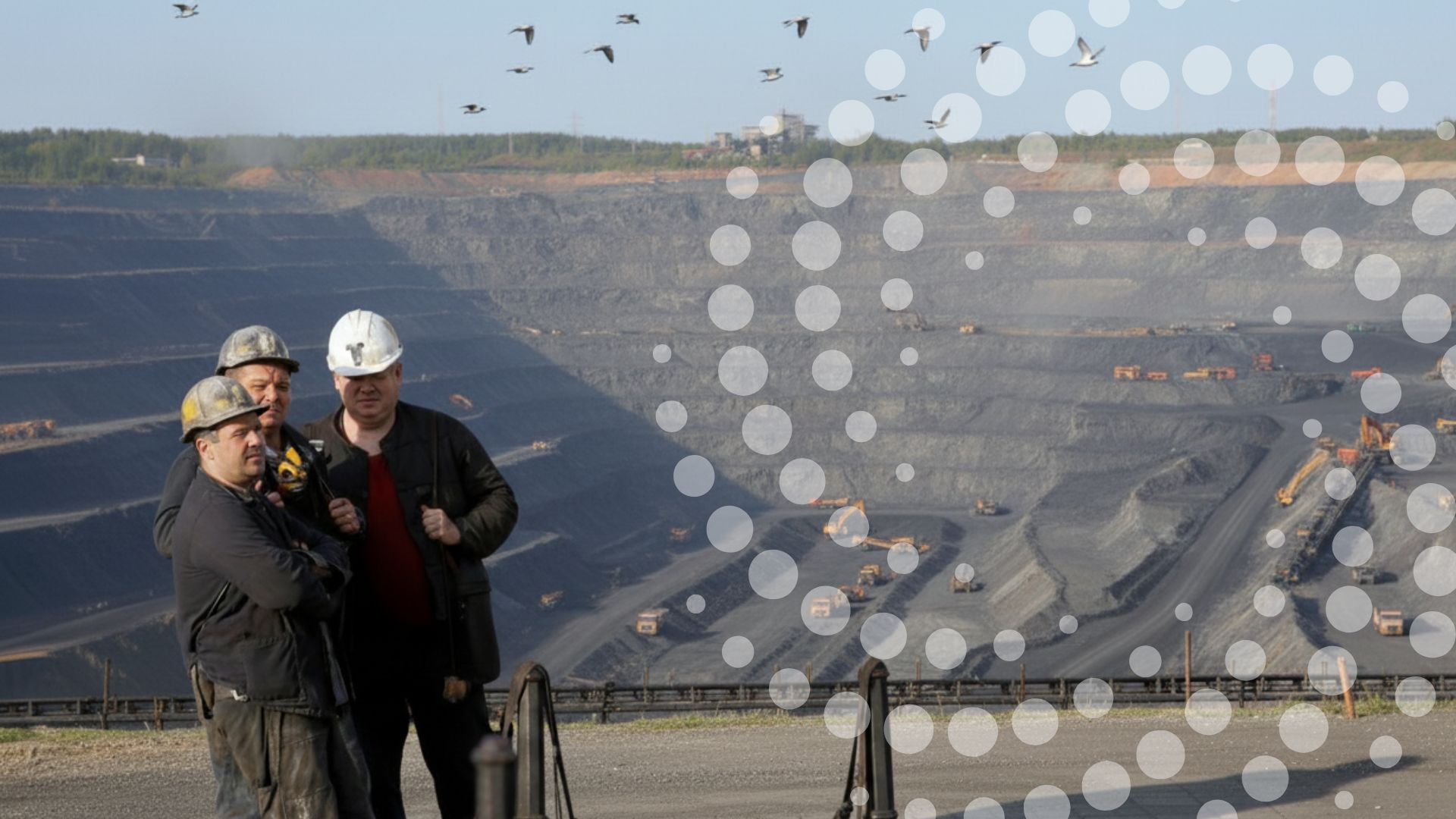Europe is facing a “critical crossroads” in its green transition, warns Dr. Peter Tom Jones, director of the KU Leuven Institute for Sustainable Metals and Minerals, whose new documentary Europe’s Lithium Paradox explores the continent’s mounting dilemma over lithium extraction.
The one-hour film focuses on two key European lithium projects — in Portugal and Serbia — both stalled amid fierce public opposition and political hesitation. As Europe pushes to electrify transport and expand renewable energy, it finds itself torn between the need for raw materials and growing citizen resistance to mining.
“You can’t recycle your way out of a fossil fuel economy,” Jones says. “You have to mine first — we simply don’t have enough scrap in Europe, and we won’t until at least 2035. That leaves us with a ten-year gap.”
Europe’s Feedstock Crisis
Jones argues that Europe’s transition to clean energy is being undermined by a lack of “feedstock” — the raw materials required for batteries, solar panels, and electric vehicles. While recycling giants like Umicore have proven high-level battery recovery is possible, the continent’s reliance on imported lithium remains a major vulnerability.
He estimates that lithium mined in Serbia alone could power at least one million electric vehicles, potentially creating a “new ecosystem” including a refinery, battery recycling hub, and full supply chain infrastructure.
“With ten or more industrial-scale mining sites — compared to just four today, one of which is idle — Europe could achieve self-sufficiency in lithium,” he insists. “We need to act now to avoid sleepwalking into the abyss.”
A “Minerals Cold War”
In the film, Jones warns that the geopolitical race for critical minerals is intensifying.
“China and the U.S. aren’t playing by the rules — they’re making their own,” he says. “Donald Trump is pushing a capitalist model with minimum price floors for lithium, while China is restricting exports of technology metals. Europe is a bystander in this minerals cold war.”
He argues that Europe’s regulatory delays, public protests, and political indecision risk leaving it strategically dependent on foreign supply chains — with devastating consequences for its industrial competitiveness.
Between Industry and Activism
Europe’s Lithium Paradox aims to spark informed debate, but its reception has been polarized. In both Serbia and Portugal, local communities refused to speak on camera, accusing the filmmakers of promoting mining interests. Ironically, mining companies also distanced themselves from the project, with some reportedly banning employees from watching it for being “too critical.”
Jones acknowledges the tension but maintains that the documentary is “grounded in science, not politics.”
“We’re trying to balance innovation with real-world concerns. I’ve heard the phrase ‘you can’t fight feelings with facts’ — but we can at least try to change the narrative,” he says.
The film is currently touring European universities, R&D institutes, and industry conferences, and is also available on Amazon Prime.
“Europe must move beyond entrenched positions and forge a united front,” Jones concludes. “This is not about taking sides — it’s about survival.”

